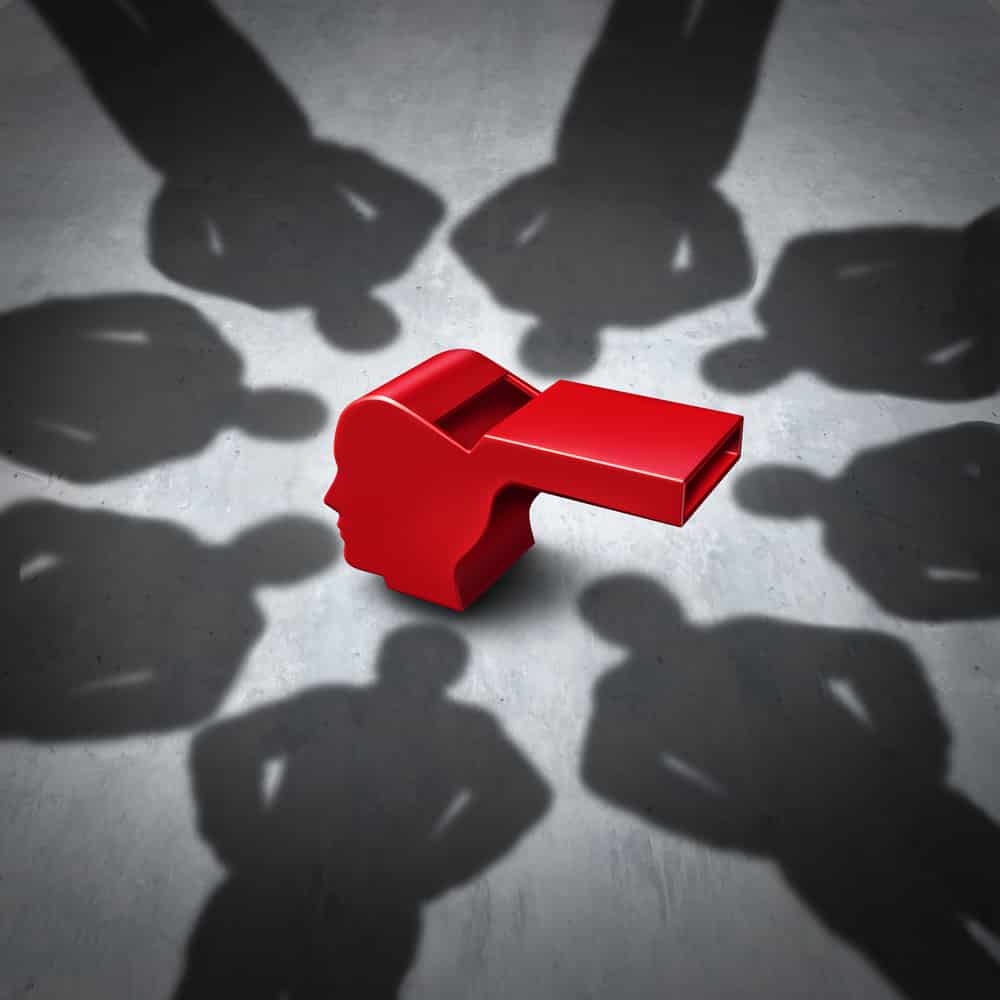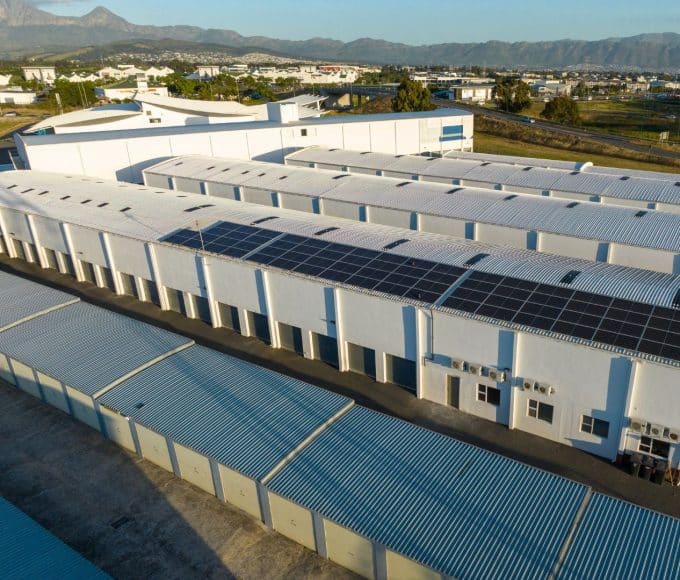To protect workers and prevent corruption in workplaces, the US Department of Labor enforces numerous regulations and protection programs. On top of the Occupational Safety and Health Administration (OSHA), which ensures and establishes workers’ safety and health rights in their work atmospheres, another one of the major protection protocols is the Whistleblower Protection Act. Here’s a short guide on whistleblower protection and what employers should know to help further understand their workers’ rights and the positive growth of their workplace atmosphere.
How It Works
Whistleblowers are people who leak information about a person or organization that has engaged in illicit or hazardous activities. The Whistleblower Protection Act protects employees that whistleblow from their employers and any retaliation. For many years, people in power belittled their employees with retaliation threats, leading workers to endure poor or unethical work standards for fear of losing their jobs, pay, or titles. Under the Whistleblower Protection Act, however, employers that retaliate or mistreat their employees for whistleblowing face repercussions—and whistleblowers don’t face any. Retaliations to whistleblowing could include firing, demoting, withholding promotions or raises, or not approving time off.
Whistleblower Protection Benefits
The Whistleblower Protection Act offers many benefits, namely ensuring that employees’ rights are met. Protecting employees from retaliation allows them to practice their right to free speech and voice their concerns surrounding their work atmospheres without fear of losing their jobs or being punished. When workers speak up about any unethical activities in their workplaces, bringing to light the hazards and demanding fixes, they further create safe, healthy working conditions.
Furthermore, the act encourages businesses to practice ethical and legal conventions by enforcing punishments if someone were to expose any illicit activity. Exposure of illegal, unethical, or dangerous practices could lead to legal repercussions as well as practical repercussions, such as a damaged reputation.
What Happens After Someone Whistleblows?
Any hazards or concerns that a whistleblower brings to light could lead to warning citations for the company. Depending on the illicit activities, the company must address the concerns within a set period, or else further punishments could ensue. Punishments for not changing or stopping illegal practices could include fines, jail time, or removal of business licenses (for companies) or jobs (for the accused individuals). If retaliation occurs toward the whistleblower, further punishments may also take place.
In the past, workplace standards mistreated employees and companies could operate under unethical conventions. One of the most important aspects of OSHA that every business needs to know, the Whistleblower Protection Act aligns with various safety movements that aim to continuously improve workplaces. Ultimately, what employers should know about whistleblower protection is that it emphasizes the growth that workplaces have undergone to ensure workers’ safety, health, and rights.















